Changes are coming for the NBA’s lottery system.
The NBA announced Thursday that its Board of Governors voted to reform the draft lottery, reducing the odds so that the three worst teams will have the exact same percentages to win the top overall pick. The vote was 28-1-1, according to ESPN’s Adrian Wojnarowski, with the Oklahoma City Thunder voting no and the Dallas Mavericks abstaining.
The league had been aggressively pursuing reform in the weeks prior according to reporting from Wojnarowski. The new regulations will start with the 2019 draft.
The goal of lottery reform is to even out the odds of landing the top pick for the worst teams in the league and to discourage tanking league wide.
Here’s a look at what the odds are now.
NEW NBA LOTTERY ODDS
| Team | No. 1 Pick | Top 3 | Top 5 |
|---|---|---|---|
| Team 1 | 14.0% | 40.0% | 100.0% |
| Team 2 | 14.0% | 40.0% | 80.0% |
| Team 3 | 14.0% | 40.0% | 67.0% |
| Team 4 | 12.5% | 37.0% | 55.0% |
| Team 5 | 10.5% | 32.0% | 44.0% |
| Team 6 | 9.0% | 28.0% | 37.0% |
| Team 7 | 7.5% | 23.0% | 32.0% |
| Team 8 | 6.0% | 19.0% | 26.0% |
| Team 9 | 4.5% | 15.0% | 20.0% |
| Team 10 | 3.0% | 10.0% | 14.0% |
| Team 11 | 2.0% | 7.0% | 9.0% |
| Team 12 | 1.5% | 5.0% | 7.0% |
| Team 13 | 1.0% | 3.0% | 5.0% |
| Team 14 | 0.5% | 2.0% | 2.0% |
Here is how the current system works
Traditionally, the three worst teams in the league all had an ascending chance of landing the first overall pick starting from 25 percent to 19.9 percent and then to 15.6 percent for the third-worst team in the league. Now, all three of them have just a 14 percent chance of winning the lottery.
The opportunity for almost every other team in the lottery’s chances of landing the pick increased. The only one that doesn’t see an increase is the 14th-worst team in the league — its 0.5 percent odds remain the same. The chances of the worst three teams keeping their picks in the top three will also decrease down to 40 percent overall.
Meanwhile, teams five through 10 all receive at least a 3 percent greater chance of having their team’s pick land in the top three and at least a 1.9 percent greater chance of them landing the No. 1 pick overall. For the 10th-worse team, it doesn’t make much of a difference. But the fifth-worst team sees its chances increase from 8.8 percent to 10.5 percent.
The new system makes it tougher on worse teams to land the No. 1 overall pick and gives better teams a slightly better chance to land a higher pick. Basically, tanking still works, but not as well.
Rockets general manager Daryl Morey likes it.
How did we get here?
Tanking was the NBA’s worst-kept secret. Teams would trot out the least-competitive rosters and lineups in an effort to lose games and increase the chances for a higher lottery pick. Sam Hinkie’s Philadelphia 76ers were the poster children for tanking.
Hinkie first introduced the 76ers rebuilding process in 2013 when he was hired to return the franchise to its former glory. He made it a point when he spoke to talk about the process of rebuilding and finding the right pieces for the franchise. Much of that meant losing games, stockpiling picks, drafting players with high lottery picks, and blowing up your team’s core on multiple occasions.
What the 76ers started was met with mixed reaction from fans and people involved with the league alike. But it did position Philadelphia each year with high picks and a chance to hit the reset button.
As things started working, more teams started adopting this strategy. As recently as last season, the Suns shut down Eric Bledsoe and Tyson Chandler just to trot out the youngest starting lineup in league history. The Lakers did the same with Timofey Mozgov, Nick Young, and Luol Deng in a covert effort to keep their pick (despite remaining slightly competitive).
Tanking has its benefits, but it still came with its detractors, including NBA commissioner Adam Silver who supported the NBA’s lottery reform effort from jump.
Now, we’re here. The NBA’s lottery format has changed and tanking is “fixed” according to Morey. Teams around the league, for better or worse, are going to have to rely on themselves running their organizations properly to remain afloat. Maybe that’s how it should have been all along.

